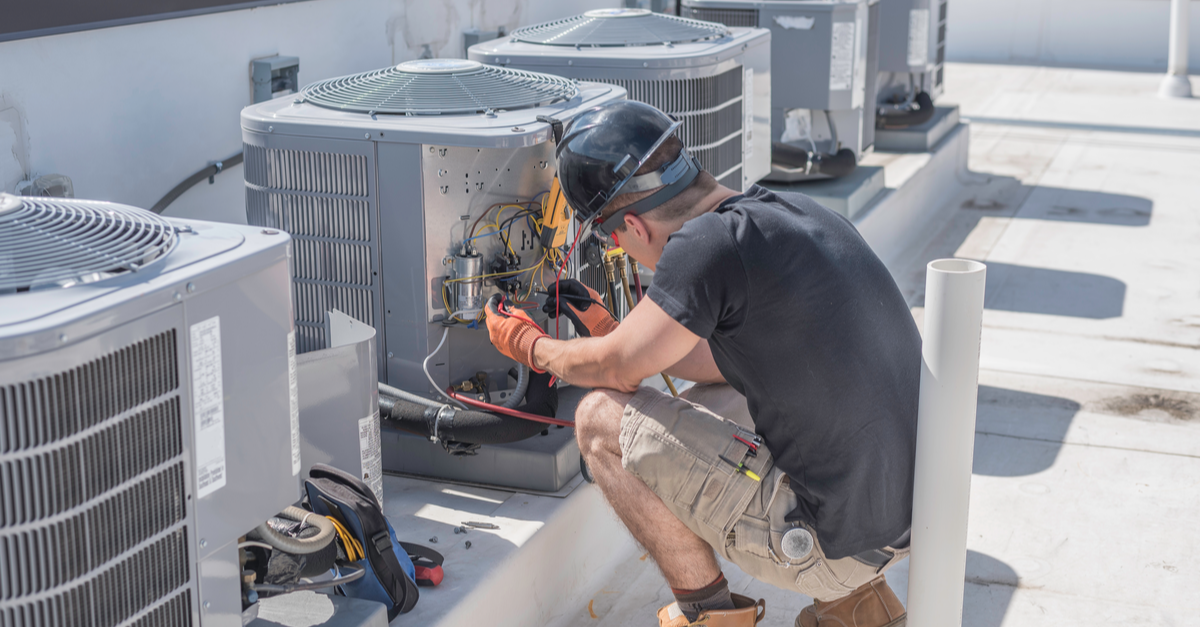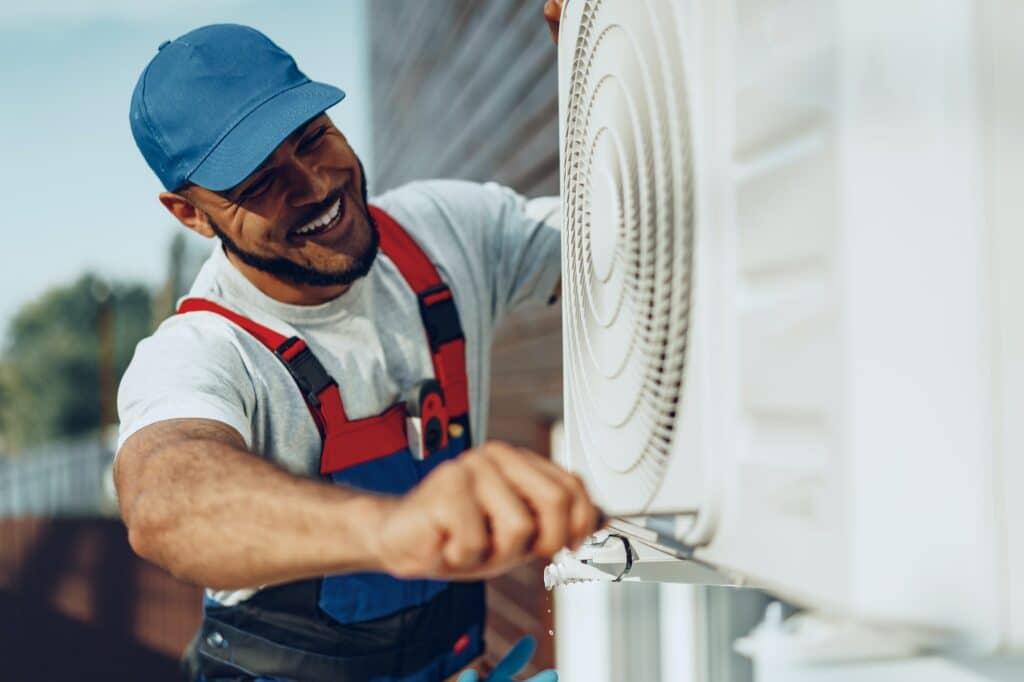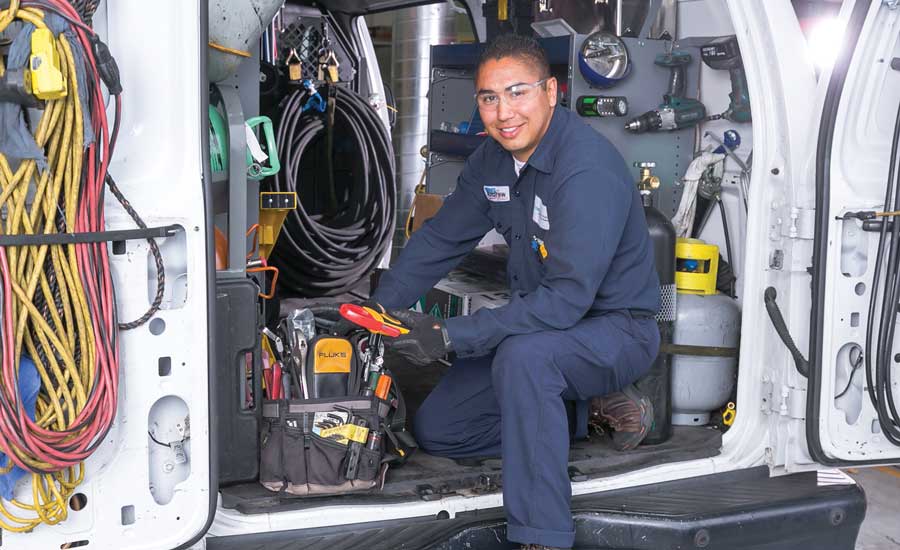Residential HVAC Canoga Park HVAC Contractor - Climate Control
Purchasing a Trane furnace requires careful consideration of multiple price aspects. Homeowners typically focus primarily on the upfront worth of the unit itself, but this strategy can lead to miscalculations when budgeting for total heating bills. Evaluating the acquisition worth, installation prices, ongoing maintenance, energy efficiency, and potential repair bills presents a more complete view of whole ownership costs.
The preliminary investment in a Trane furnace sometimes varies based on model and capability. Different models offer various features, such as superior know-how and energy efficiency scores, which can affect the general cost. Higher-efficiency models could have a higher initial price tag, however the long-term financial savings on power payments can justify that upfront expenditure.
Installation plays a critical function within the final price. Professional installation can be a vital expense, and it is important to acquire quotes from qualified HVAC contractors. Factors influencing installation costs embody the complexity of the job, the prevailing ductwork, and any required modifications. Be certain to ask for detailed estimates that cover labor as nicely as supplies, as this can provide a clearer image of the entire cost concerned.
Maintenance prices shouldn't be underestimated. Regular maintenance is crucial for guaranteeing a Trane furnace operates effectively. Annual tune-ups can help preserve warranty conditions. While some owners might consider foregoing skilled maintenance to economize, this can result in more important repairs and inefficiencies if problems are left unaddressed. Investing in routine servicing can ultimately save owners from expensive breakdowns in the lengthy run.
Furnace Repair Canoga Park What does an HVAC Contractor Do?
Energy costs represent another important component of general ownership bills. Trane furnaces include various vitality efficiency scores, often denoted by the Annual Fuel Utilization Efficiency (AFUE) percentage. A larger AFUE indicates that a furnace converts a more significant slice of gasoline into heat, resulting in decrease utility bills. Proactively evaluating vitality utilization and considering upgrades that enhance efficiency can substantially decrease annual heating costs.

What components influence the cost of a Trane furnace installation?
Several factors impression the installation value, including the sort and size of the furnace, extra ductwork or modifications needed, native labor rates, and any essential permits or inspections required by local rules.

Commercial Refrigeration Canoga Park Book Fireplace, Furnace, AC, & Heat Services
Yes, many Trane dealers provide financing choices, permitting clients to pay for his or her furnaces in month-to-month installments. It's advisable to inquire about these choices during your consultation and compare rates and phrases.

Higher vitality efficiency rankings usually include a better upfront cost, but they can result in important financial savings on energy payments over time. Models with higher efficiency scores usually qualify for rebates, making them extra financially viable in the long run.
What are the maintenance prices associated with Trane furnaces?
Eco-Friendly HVAC Canoga Park HVAC Installation, Contractor
Annual maintenance for a Trane furnace generally ranges from $100 to $300. Regular maintenance helps ensure optimal performance and might prolong the furnace's lifespan, probably saving money on repairs over time.
Are there warranties out there for Trane furnaces, and the way do they have an result on costs?
Trane presents warranties on their furnaces, sometimes masking components for five to 10 years. Some models might embody prolonged warranties for an additional value. Warranties may help mitigate restore costs and provide peace of mind.
Heating Installation Canoga Park HVAC Air Conditioning Contractors
How do native climate conditions affect the value of a Trane furnace?

HVAC System Replacement Canoga Park Request a Consultation - HVAC Contractor
What ought to I consider earlier than purchasing a Trane furnace?
Consider factors similar to your personal home measurement, specific heating wants, energy efficiency ratings, price range, and long-term prices. Consulting with a professional HVAC skilled may help you determine one of the best model on your house.
Can I install a Trane furnace myself to save heaps of on costs?
While it may appear cost-effective to put in a furnace your self, it's generally really helpful to rent knowledgeable. HVAC Replacement Parts Canoga Park. Improper installation can lead to safety risks, lowered efficiency, and dear repairs afterward.